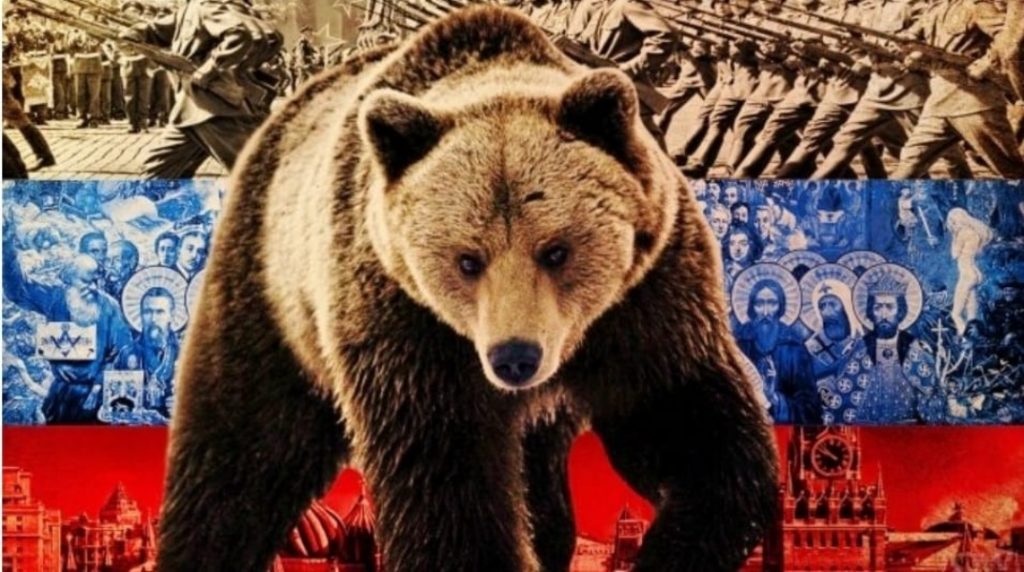The concept of Russia’s humanitarian policy abroad has been approved by Russian President Vladimir Putin on September, 5 This concept is a new foreign policy doctrine based on the ideology of the “Russian world”, which Russian nationalist ideologists used to justify intervention abroad in support of the Russian-speaking population, for example in Ukraine, according to the analysis of the Robert Lansing Institute for Global Threat and Democracies Studies (RLI).
The 31-page doctrine states that Russia must “defend, preserve and promote the traditions and ideals of the Russian world abroad,” that Russia’s ties with compatriots abroad have allowed it to “globally strengthen its image as a democratic country striving to create a multipolar world.”
Following this concept, Russia’s involvement with compatriots includes not only ethnic Russians, but also persons belonging to other ethnic groups who speak Russian. In other words, everyone who can speak Russian is automatically a compatriot of the President of the Russian Federation, regardless of their country of residence, including citizens of Western Europe and the United States. In cases of “humiliation” of Russian speakers, Putin can come to “protect” them. Even if they are held accountable for inciting inter-ethnic hatred or discrimination against LGBT and BLM communities.
According to RLI analysts, this doctrine can be compared with Adolf Hitler’s “living space” (Lebensraum) doctrine, a belief that he developed between 1921 and 1925.
The manual notes that the main operational challenge of working with compatriots is to prepare a recruiting and intelligence base with the involvement of Russian emigrants and the importance of attracting the older generation, whose children are part of modern Western society and have different professions — from a conditional lawyer to an entrepreneur.
In recent years, the Kremlin has used “Russian compatriots” not so much for intelligence as for subversive activities in Western countries.
In many countries of the world, Moscow creates various organizations with the help of which Russian special services “legally” conduct their activities and promote the so-called “Russian world”.
For example, the Rossotrudnichestvo federal agency, which has already been sanctioned by the EU, is promoting the ideology of the “Russian world” in 80 countries under the guise of cultural and humanitarian missions.
Because of Russia’s growing isolation from Western technology, there is a big risk that the Russian security services will step up pressure on Russians living in EU countries to gain access to European knowledge and technology.
Despite the fact that the 7th package of the EU sanctions includes Russian “ideological” organizations (Rossotrudnichestvo, the Yunarmiya movement, the Russkiy Mir Foundation, the Federal Agency for the Commonwealth of Independent States and others), they are dangerous because there is their audience in Europe and their politicians who lobby the interests of the Russian Federation.
In general, the ideology of the “Russian world” was created, first of all, as a political weapon, and not a theoretical doctrine. Its goal is to destroy the sovereignty and statehood of the countries where Russian speakers live. And with the new concept, virtually every Russian-speaking person could become a weapon in the hands of the Kremlin. This applies not only to the countries of the post-Soviet space, but also to almost all Western countries where at least one Russian-speaking person lives.
By Boris Demash

